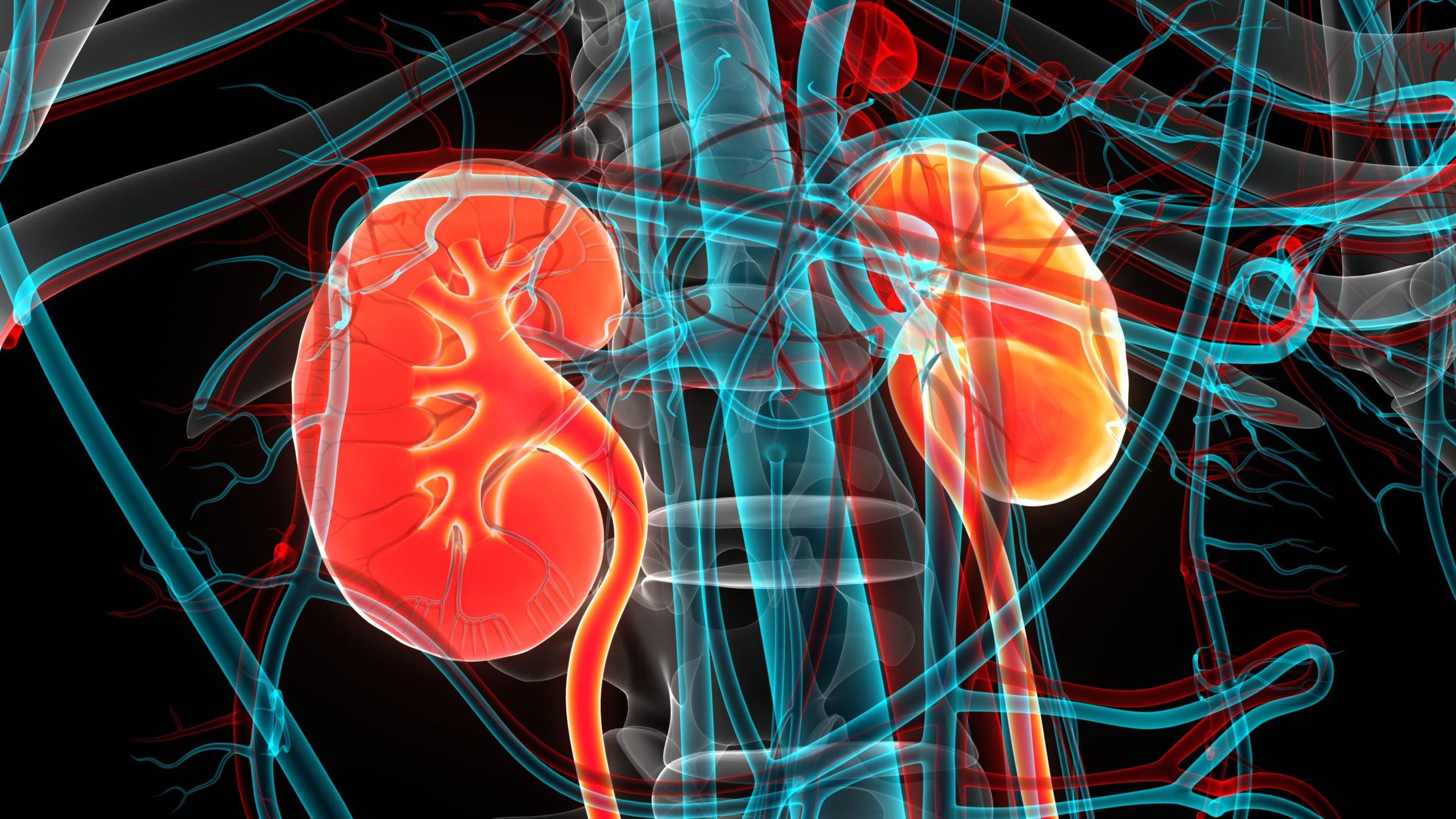
Vera Therapeutics has said that Phase II open-label expansion (OLE) study data gives extra confidence in the ongoing Phase III clinical trial of atacicept in participants with immunoglobulin A nephropathy (IgAN).
Vera claims that the 72-week data is consistent with a profile of true disease modification in IgAN, more commonly known as Berger’s disease.

Discover B2B Marketing That Performs
Combine business intelligence and editorial excellence to reach engaged professionals across 36 leading media platforms.
CEO Marshall Fordyce says that the data supports the Phase III trial which is underway with enrolment on track to be completed in the second half of 2024.
The 72-week OLE study (NCT04716231) is the second part of the Phase IIb trial investigating the atacicept in patients with Berger’s disease who continue to have persistent proteinuria and remain at high risk of disease progression despite being on a stable prescribed regimen of a renin-angiotensin-aldosterone system inhibitor (RAASi) for at least 12 weeks that is the maximum labeled or tolerated dose.
The Phase IIb double-blind randomised placebo-controlled trial lasted 36-weeks. After completing the RCT, all patients were eligible to receive atacicept 150 mg in the OLE. Of the 116 randomised participants, 106 completed 72-week OLE trial.
Data from Phase IIb OLE study
Patients treated with atacicept for 72 weeks demonstrated a 62% reduction in galactose deficient IgA1 (Gd-IgA1), a reduction in the percentage of participants with hematuria to 19%, and a 48% reduction in urine protein to creatinine ratio (UPCR). Patients had consistent and stable estimated glomerular filtration rate (eGFR) with a 0 mL/min/1.73m2 change from baseline at 72 weeks.

US Tariffs are shifting - will you react or anticipate?
Don’t let policy changes catch you off guard. Stay proactive with real-time data and expert analysis.
By GlobalDataPatients who switched from placebo to atacicept demonstrated similar outcomes across each of the key indicators of Berger’s disease as compared to participants originally randomised to atacicept during the first 36 weeks of the trial.
Safety data in the OLE was consistent with the randomised period.
About the Phase III clinical trial
The Phase III trial (NCT04716231) is a double blind, randomised, placebo-controlled trial evaluating the safety and efficacy of atacicept 150 mg in patients with Berger’s disease.
The primary endpoint is the change from baseline in proteinuria as evaluated by UPCR at week 36. The key secondary endpoint is annualized rate of change in eGFR up to week 104.
Secondary endpoints are the change in Gd-IgA1, change in eGFR up to week 52, and time from randomization to first occurrence of composite kidney failure endpoint event.
Atacicept is a dual inhibitor of the cytokines B lymphocyte stimulator (BLyS) and a proliferation-inducing ligand (APRIL).
Berger’s disease landscape
Berger disease is a kidney disease caused by a buildup of abnormal IgA antibody. Over time, it leads to kidney damage or end-stage renal disease (ESRD).
In the 16 countries covered in GlobalData’s epidemiology forecast for Berger’s disease, cases are expected to exceed 102,978 by 2028.
There are currently just a handful of approved treatments for Berger’s disease with just three innovator drugs approved for treatment that delay or slow down kidney damage. These are Everest Medicines and Calliditas Therapeutics’ Kinpeygo, Alvogen’s sarpogrelate, and Travere Therapeutics’ Filspari.
There are candidates coming through the pipeline with a number of late-stage candidates including Novartis’s iptacopan hydrochloride, Vera Therapeutics’s atacicept, and Roche’s IONIS-FB-LRx, among others.
GlobalData is the parent company of the Clinical Trials Arena.



